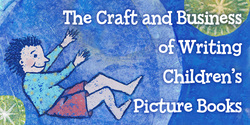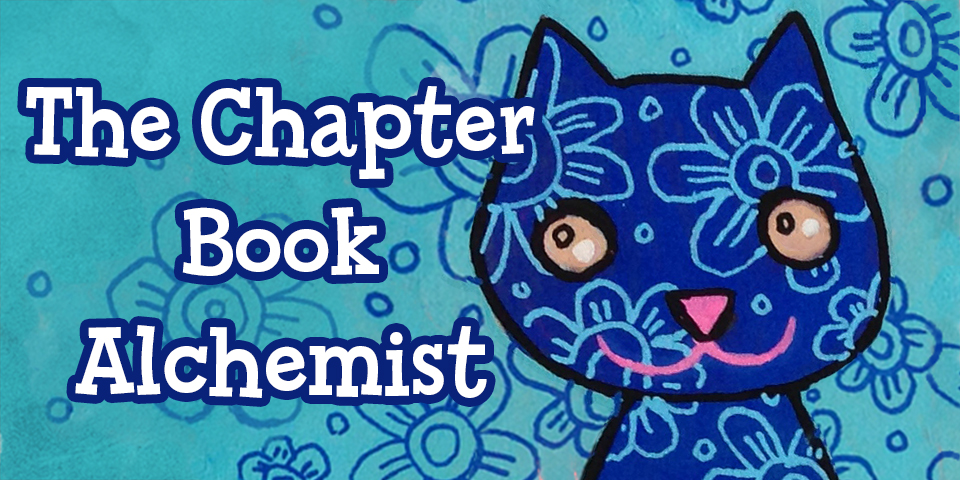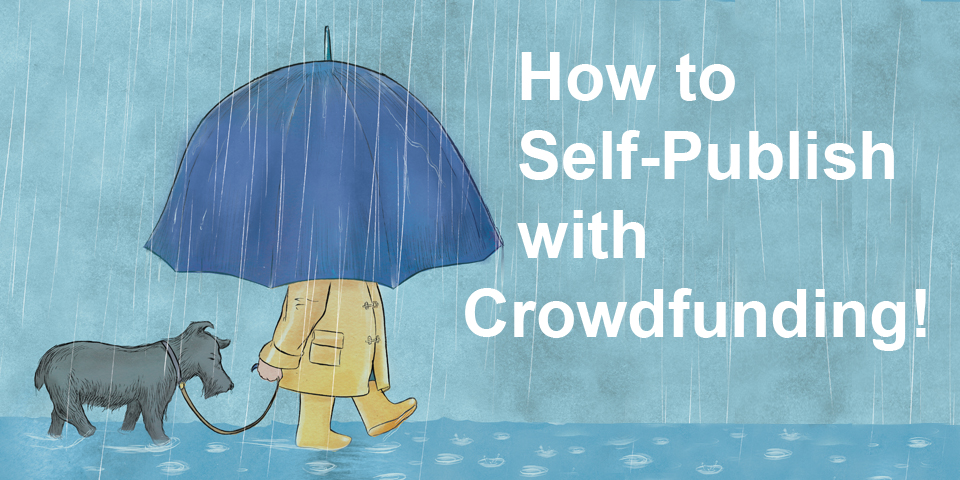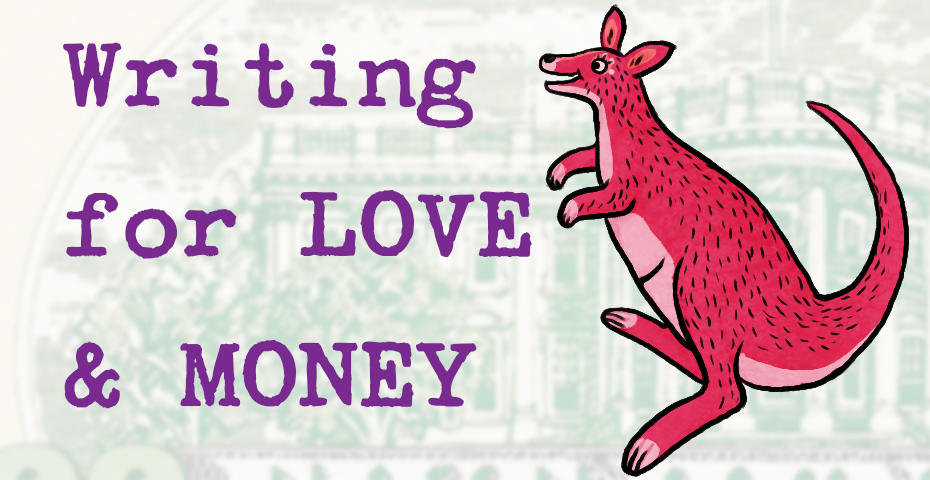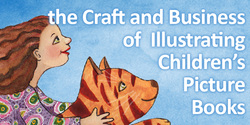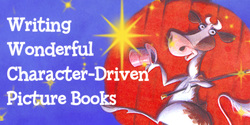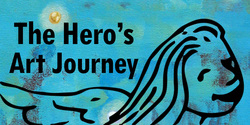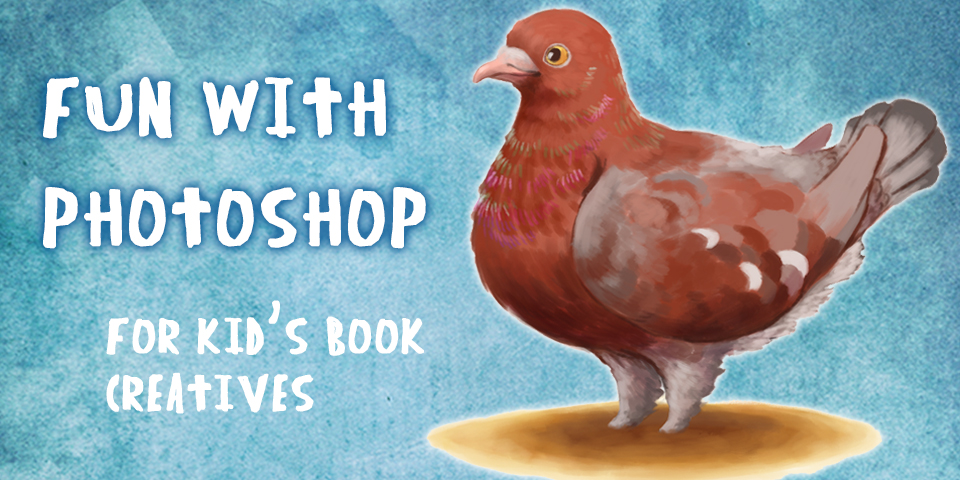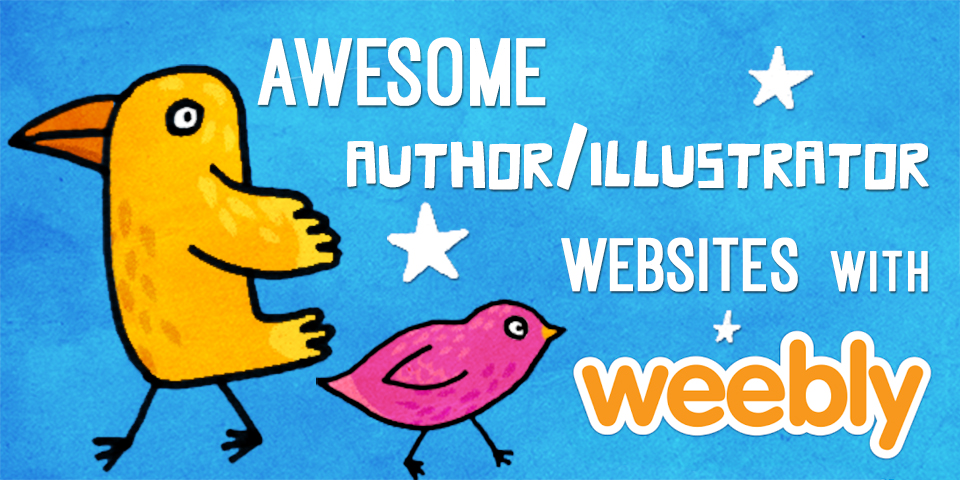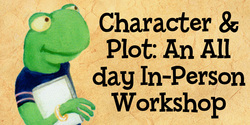 If you are writing for children, chances are you already know that January was “awards” month. That time of year similar to the Oscars and Emmy’s when people wait with bated breath to hear which of many thousands of books produced will get a nod from some corner of the world. This year I sat on an inaugural awards committee. That meant reading nearly forty young adult books then scoring and discussing with a committee. The previous year I served on a nonfiction committee for the Chicago based Society of Midland Awards. A number of colleagues have served on National Book Awards and American Library Association committees. I considered myself lucky that my pile of 40 or so novels paled in comparison to a colleague who received several hundred for his own committee. One thing I've learned is that awards are only snapshots, not "bibles" for your own writing. Judging awards is both daunting and subjective. Committees are made of human beings all with a passion for reading and all with their own taste and perspective. We’re all volunteers reading in the midst of work and family deadlines. We have our own deadlines to meet. But we do it because reading is a joy. In my own case, I have an alcove on the second floor that is wide enough for a large chair, a bookcase for submitted works, a table and not much else. The window looks out onto a park. When I’m in that chair the family knows to stay clear because I’m immersing. I tend not to rank books until I’ve read a large number of them because my opinions change as I compare the texts. Judging nonfiction would seem easy because I could look objectively at presentation of material, research quality, clarity, level of engagement. Either it is right, or it isn’t. Still the work was hard because we were judging works for younger readers with those for older readers. We had differing opinions and held discussions to narrow the choices. In the end, we were happy with the decision but regretted not having more space to recognize other strong works in the pile. With novels the constraints changed. All books are within a general range of word count but now I was comparing speculative fiction against realistic fiction. Contemporary stories against Historical narratives. And everything in between. I love a good fantasy, but another judge might gravitate toward memoir. Judges bring something of themselves to the process which is why diversity of experience and interests matters. To have a balance in the discussion. As a starting point everyone tries to evaluate objective and subjective aspects of each work: writing quality, voice, mastery of the material. And yet, we all came to different conclusions about books submitted. Books I loved, some judges loved. Others didn’t. Books I thought were problematic, others loved and so forth and so on. Actually, awards committees are a lot like those brokered Presidential conventions you hear politicians talk about. There is rarely a clear consensus.  The process of eliminating books that don’t fit the criteria is easy. If the rules say the book has to be about oranges and your publisher submits a book about apples, then into the “donate to a library” pile it goes. Sometimes a publisher does not submit and we can't judge what we don't know exists. Also, there are sometimes books that start promising then lose site of the goal. But after the first pass there is still a pile of books remaining that are well written, beautifully illustrated, and clearly resonate. That is often the majority of the pile. Deciding a winner from those that passed the initial read is gut wrenching. So committees discuss, persuade, negotiate, debate, and debate some more. We often have personal favorites that are different from our colleague's choices. And for the most part, what could be a difficult discussion turns out to be civil, nuanced and respectful. Still, I’m a writer. So I understand the sadness a writer will face when their own book is not chosen. But it passes quickly. Because I’ve been on both sides. I’ve also been the recipient of an award. I still had to take the garbage out on Monday and clean up after the cat who had wanted to make a statement about my absentee status. Life as book celebrity is a myth. Here’s the deal in a nutshell. For the next year the world will rejoice about award winning authors as if they held the secret formula to writing a book. The other authors whose work was equally strong will get lost in the celebration. The natural tendency is to try to “read the tea leaves” and try to push your work in the direction of what was recognized. Don’t. Let me repeat. Don’t.  1. A different committee composed of different judges might come to a completely different conclusion and choose a different subset of work. 2. You are writing for a reader, not an awards committee. The chances of winning an award out of thousands of works produced each year is about the same as winning a lottery. 3. The reason there are thousands of books in a library or bookstore is to satisfy a wide and diverse set of preferences and interests. Write what you love and stay on your path. 4. Books that are published now were acquired several years ago. Preferences will be different by the time your book is published. 5. The job of the award winners just got harder. Think about the amount of time you spend carving out time in your day to day life to write. Writing is almost always best when you can take large chunks of time and immerse in the world of your character. Now imagine that you are the “go-to” person for every convention keynote, news article, etc. When do you write? Yes - sometimes obscurity is your friend. Conclusion? Don’t second guess your own work. Many of the books you read now or as a child likely never received an award. And yet they are loved and endure because they resonated with their target audience. Stay on course. Awards are just a single snapshot of a much wider industry. Not winning an award is not an statement about the quality of the other books, or even your own abilities. Writing for children is about immersing them in a world, holding their attention and awakening their hunger for another book. It is about being part of a community that creates lifelong passionate readers. If you can achieve that, then you’ve found the true reward. Keep your eye on that prize. 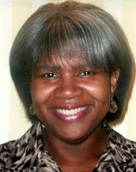 Christine Taylor-Butler is the author of more than 70 books for children. Her current passion is her contemporary sci-fi/fantasy The Lost Tribes about five children who learn they play a role in saving the world. When not writing, she is a freelance editor, and community volunteer. She's also a closet ballroom dancer, artist and personal servant of a cat and tank of fish. You can find her on Twitter: @ChristineTB , Facebook: ChristineTaylorButler.ChildrensAuthor, or www.ChristineTaylorButler.com. May you have many happy hours of writing ahead of you!
7 Comments
This is an excellent piece! As a jurist for a national writing award, I truly appreciate what Christine Taylor-Butler has shared. As wonderful as it is to give and receive awards, judging art is all highly subjective. We keep thriving as writers when we remember it's our readers who matter most. Bravo, Christine!
Reply
Kirsti Call
2/26/2016 04:22:34 pm
Thanks for a great post, Christine! I can't wait to read some of your books.
Reply
Andy Boyles
2/27/2016 06:01:34 am
A great message, Christine. Thank you.
Reply
2/27/2016 06:58:11 am
Thank you, Christine. Your wise words are an inspiration.
Reply
Juanita Havill
2/28/2016 08:27:03 pm
Well said, Christine. Excellent advice and inspirational.
Reply
2/29/2016 10:07:40 am
Thanks everyone. I thought it would be a good way for us to remember we're part of a broader plan. So fun to see the positive reactions. Makes me excited for next month's blog (I'll be posting the fourth Friday of every month).
Reply
10/30/2017 10:17:15 pm
Hello Christine,
Reply
Leave a Reply. |
Meet the Friday Blogonauts
First Fridays will feature Bryan Patrick Avery, published writer , man of mystery, and professional magician among other things.
Second Fridays will feature awesome multi-award winning author Marsha Diane Arnold who will be writing about character-driven and/or nature-based books and/or anything she likes :) Third Fridays will feature independent Aladdin/Simon & Shuster editor Emma Sector who has helped bring many books into the world. Fourth Fridays will feature the great Christine Taylor-Butler who has published over 70 award-winning fiction and non-fiction and nonfiction books including the acclaimed new middle grade series - The Lost Tribes. Fifth Fridays will feature the fabulous Carl Angel award-winning multi-published Illustrator and graphic designer. Join our Tribe
and receive 7 Steps to Creative Happiness, access to free webinars, and lots more!
Your email addresses are always safe and respected with us. Follow our Blog!
Archives
January 2019
Categories
All
|
|
Discover
|
About Us
|
Join Us
Join our Community and receive a fabulous free gift, KidLit tips, newsletters, scholarship info, contests, and more!
Join our KidLit Mentorship |
Social Media
Interact with our FaceBook Group or follow us on:
|
© 2010-2024 All content on this website is copyrighted. Sorry, all courses are non-refundable.
